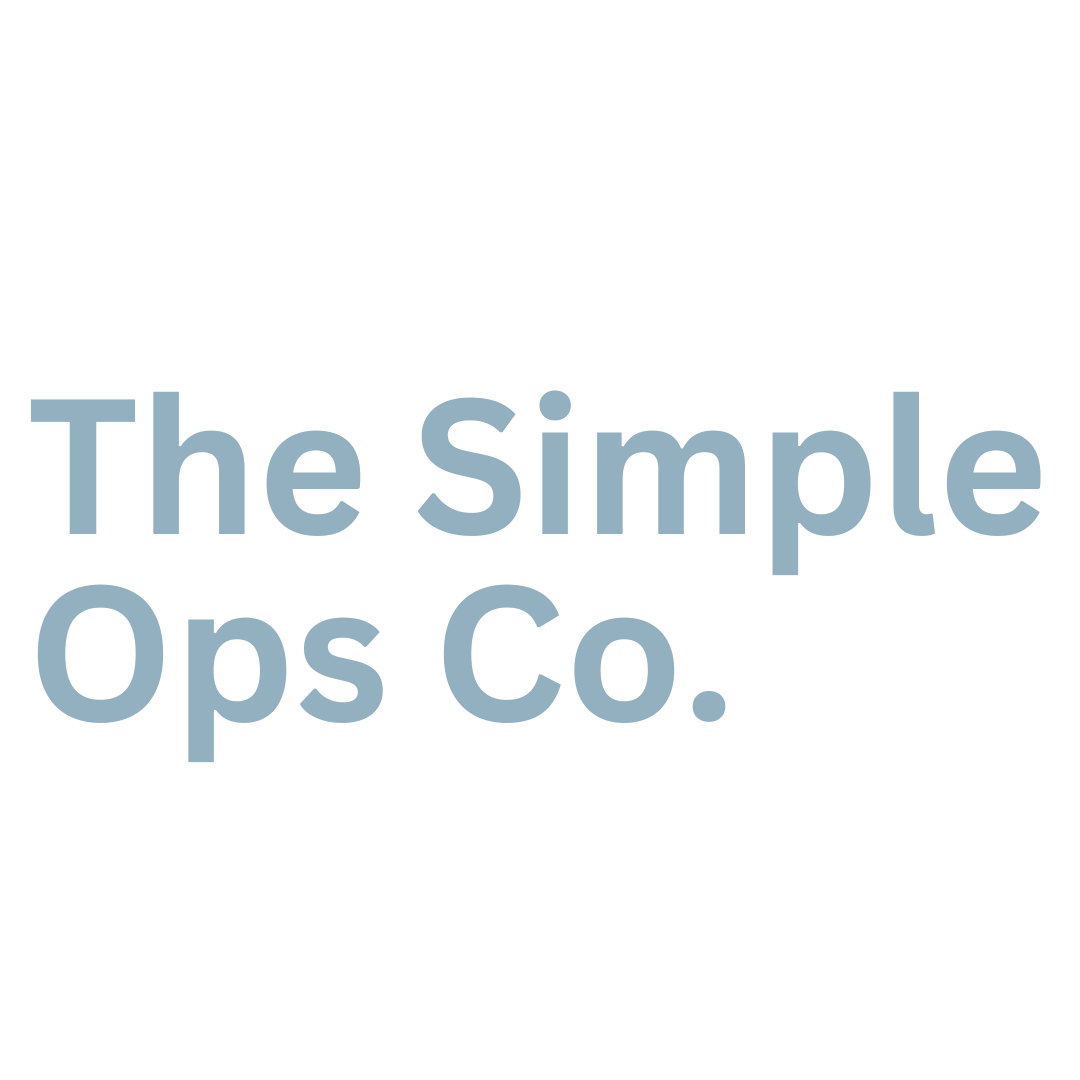Managing your VA finances
You’ve started a VA business - yay!
It’s time to pop the champers and eat some cake to celebrate you entering the world of self-employment.
But wait…..how does all the money stuff work? And how much should you be saving for your taxes? And how do you manage all the paperwork that comes with running a business?
The ‘how do I run a business’ question comes up with every single Virtual Assistant I mentor. It can feel scary when you have to take into account taxes, expenses and national insurance contributions, as well as keeping on top of your accounts all year round.
But it doesn’t need to feel like such a big thing, and I’m here to give you an overview of how you can manage your VA finances.
*before I start I’d like to point out that I’m not a finance advisor of any kind, and none of this blog post is meant to be financial advice. It’s purely to help you create your own way of managing your finances as a VA - from someone who has been doing that very thing since 2016!
Business bank accounts
Do you need one? Not necessarily. You can absolutely open one either as a self-employed individual or as a Limited company (I have a post comparing the two business options here), but you can also use your personal bank account if you prefer. Some people suggest that you keep your business finances separate from your personal, but as long as you keep good records you’ll be fine with your personal account. Some business accounts charge a small monthly fee, although some don’t (like Starling). In short, choose what feels best for you.
Choose a way to keep records
There are heaps of tools you can use for your bookkeeping, such as FreeAgent, Xero, Freshbooks, Quickbooks and more.
As great as these tools are though, they all charge a monthly fee. And when you’re starting a VA business and want things to be as lean as possible, a free alternative is obvs better.
I created an extremely simple Google Drive + Google Sheets system that I still use 6 years later, and I teach every student in The Virtual Assistant Toolkit how to use it too.
Send invoices (and save them)
Sounds super simple, but make sure you invoice your clients monthly, even if they’re on a regular monthly retainer. And then save those invoices!
Save your expenses
Yup, save every single business expense electronically that you have. Save as you go, rather than leave them to sort out once a year…..and save them in a cloud based storage system like Google Drive or Dropbox, NOT your laptop.
Create a tracking sheet
If you use an all-in-one accounting tool you can skip this part. If not, create a simple Sheets or Excel file and keep track of what you’ve got coming in on one tab (eg. client invoices) and what you’ve got going out on another tab (eg. business expenses).
Put aside money for taxes
If you’re anything like me, becoming a VA will be your first taste of self-employment. And that means you’ll need to be proactive about your taxes. Whether you’re self employed or you run a limited company, put aside money for tax, national insurance and student loan repayments if necessary. The current tax rates for the UK can be found here.
In addition you may want to pay money directly into your pension. Keep a record of that too because you can include that expenditure on your UK self assessment form, because that amount won’t be taxed.
* * *
So there you have it. There’s always a simple solution to any problem, and hopefully this shows that it isn’t actually that complicated. My advice is to keep on top of your finances and expenses rather than letting it build up. Try booking in an hour or two a month to do just that.
Good luck, and enjoy!

